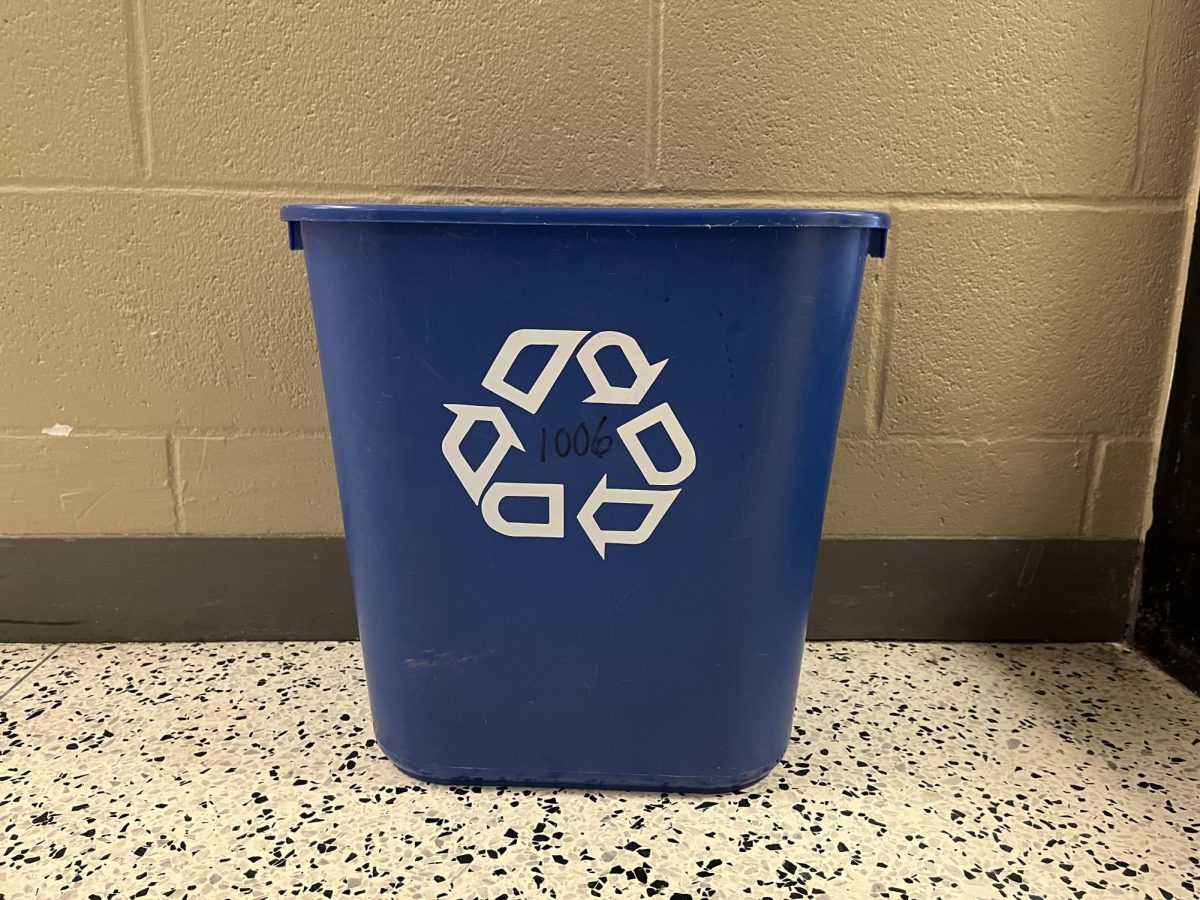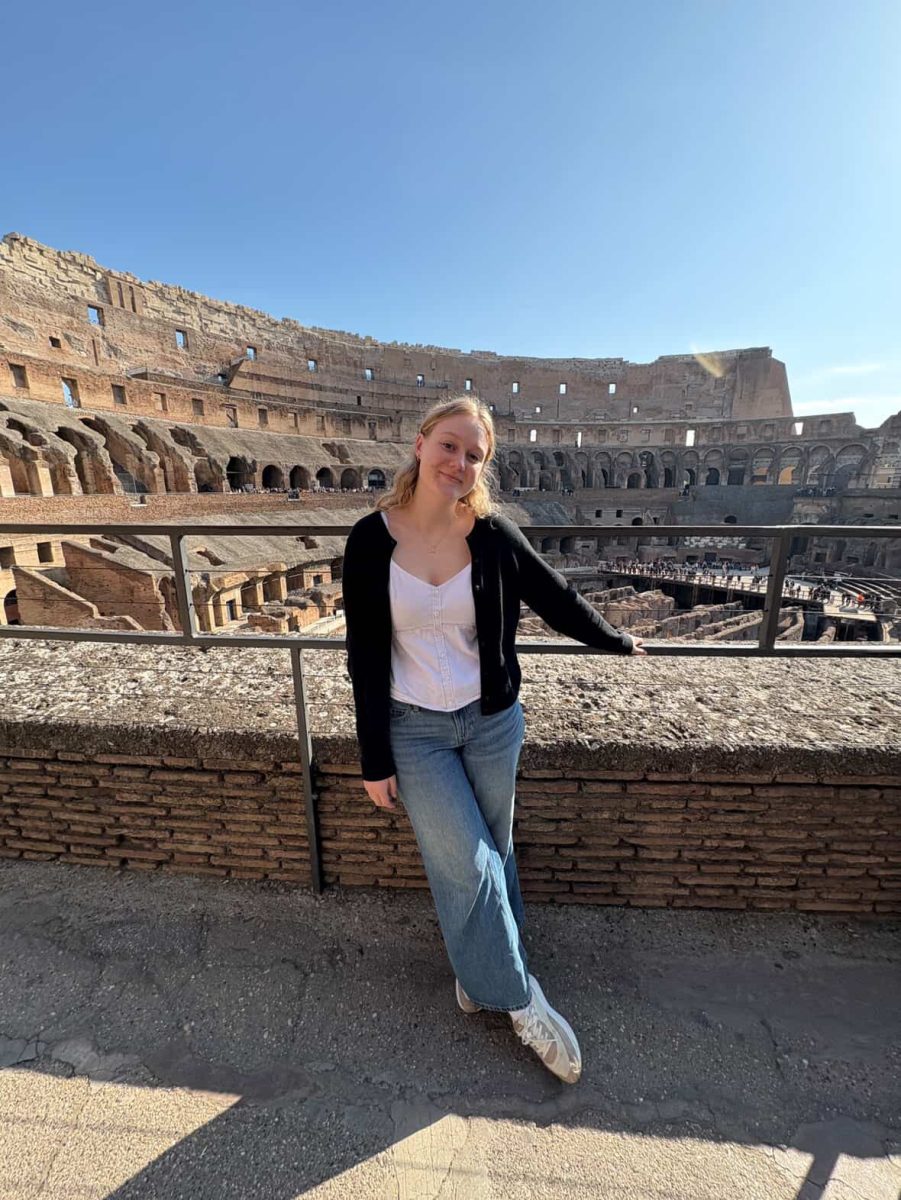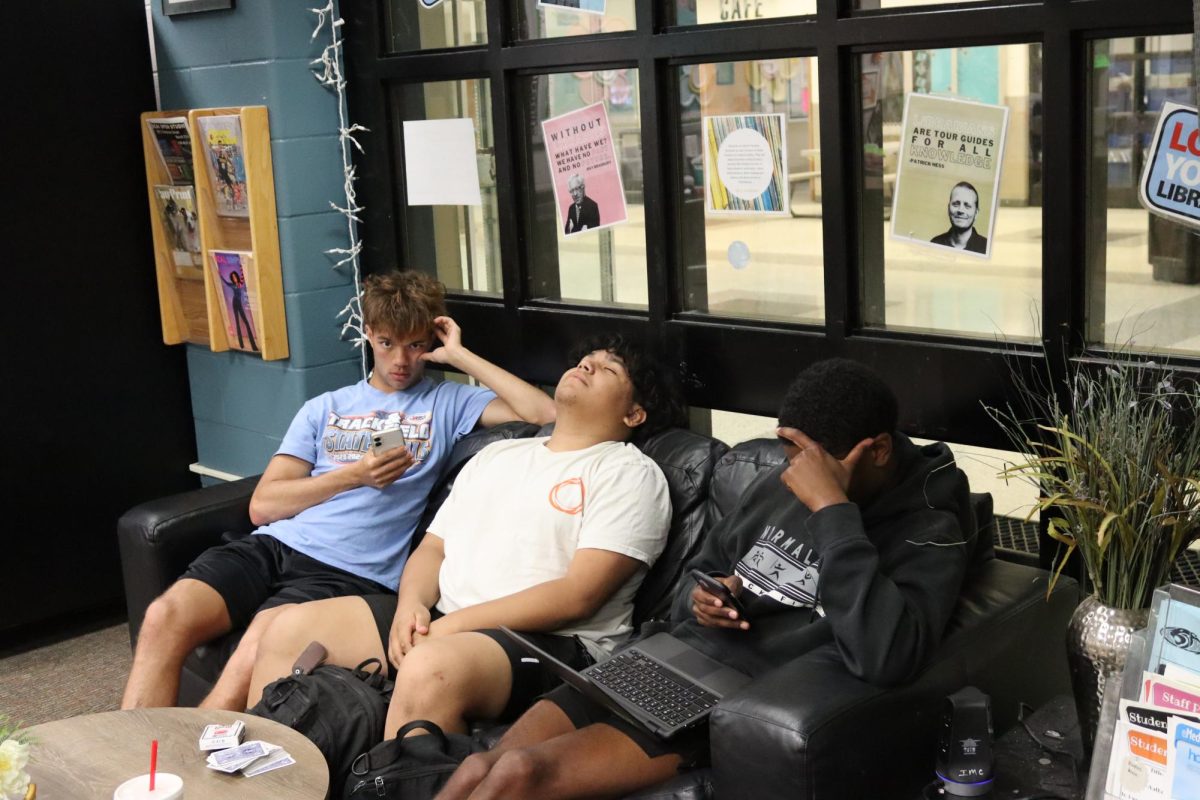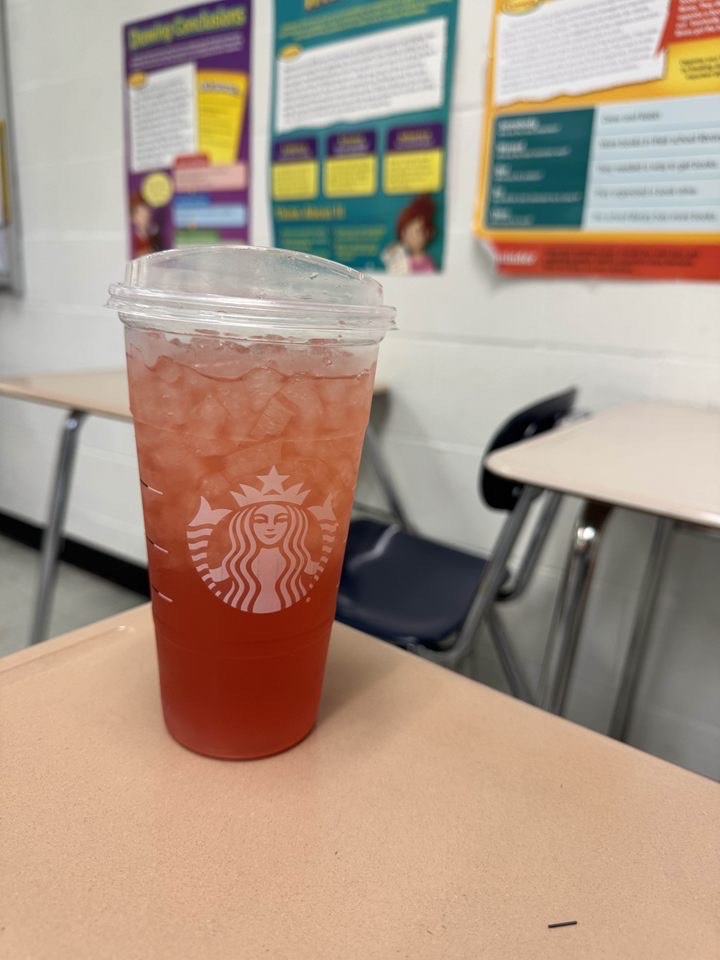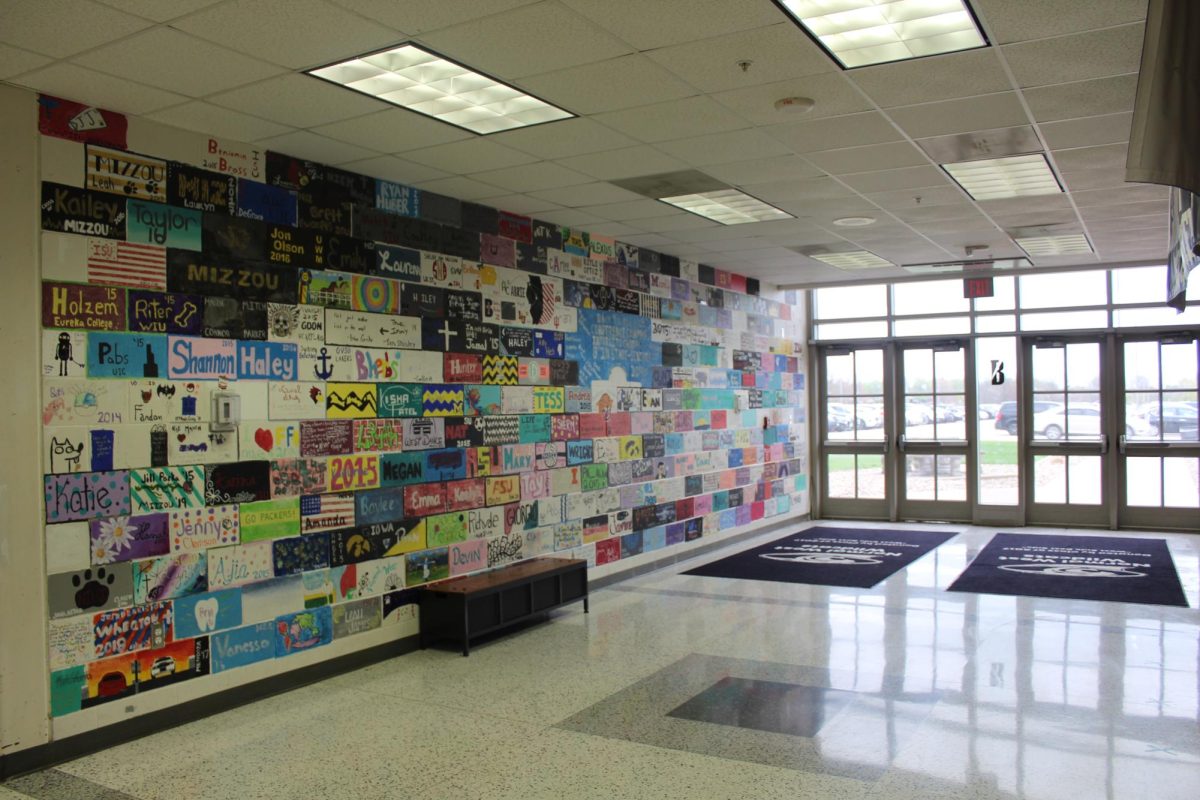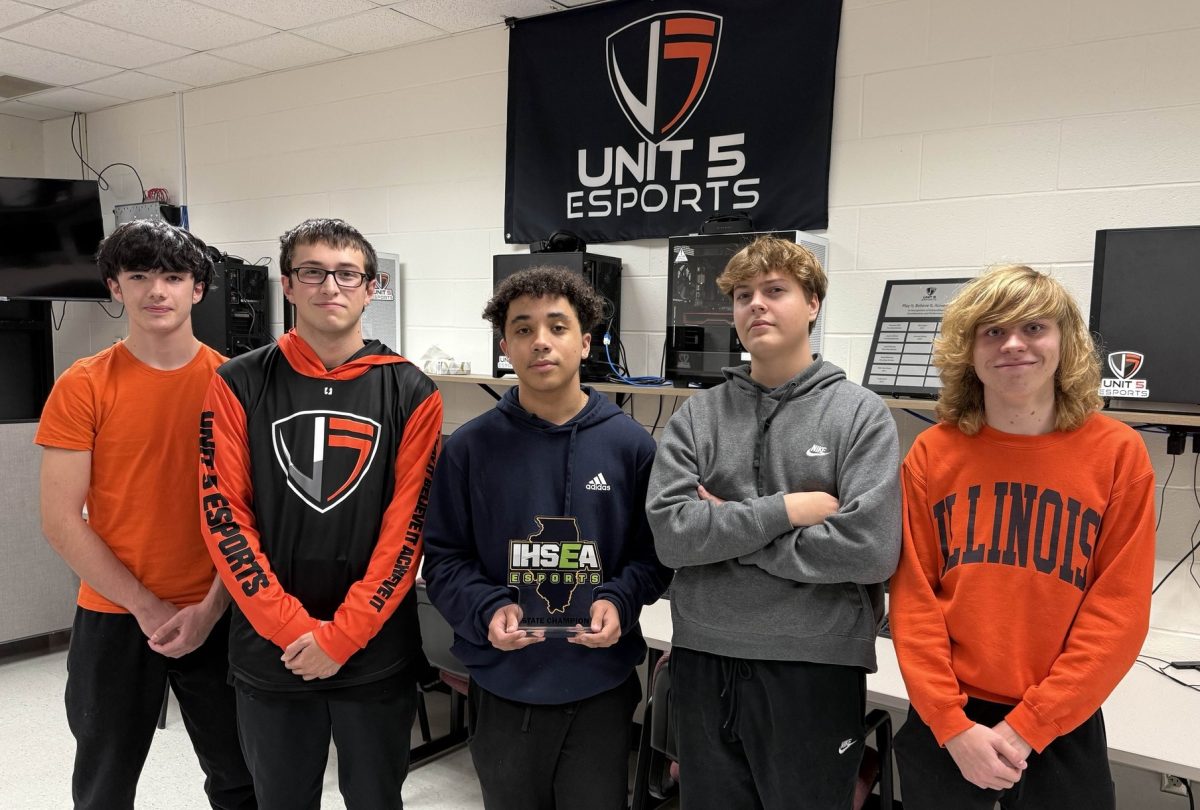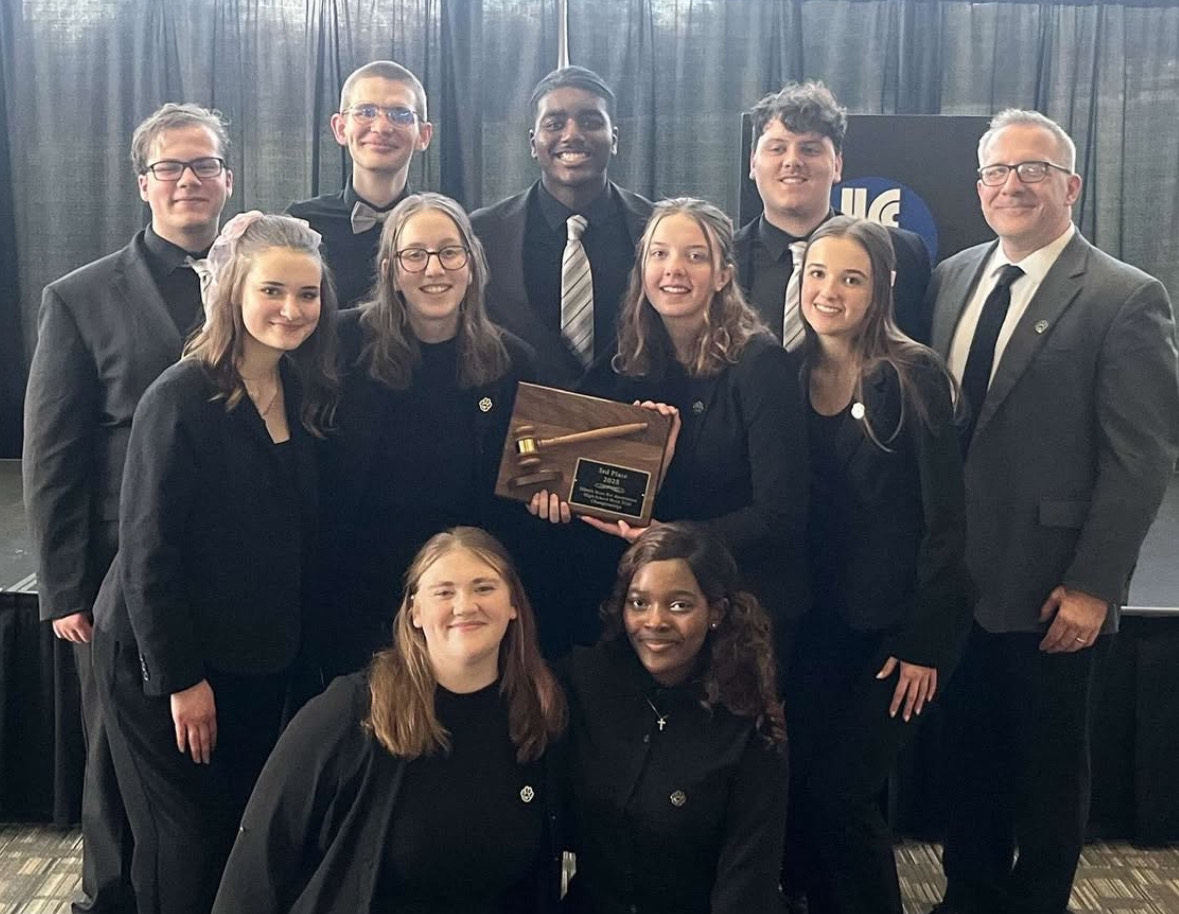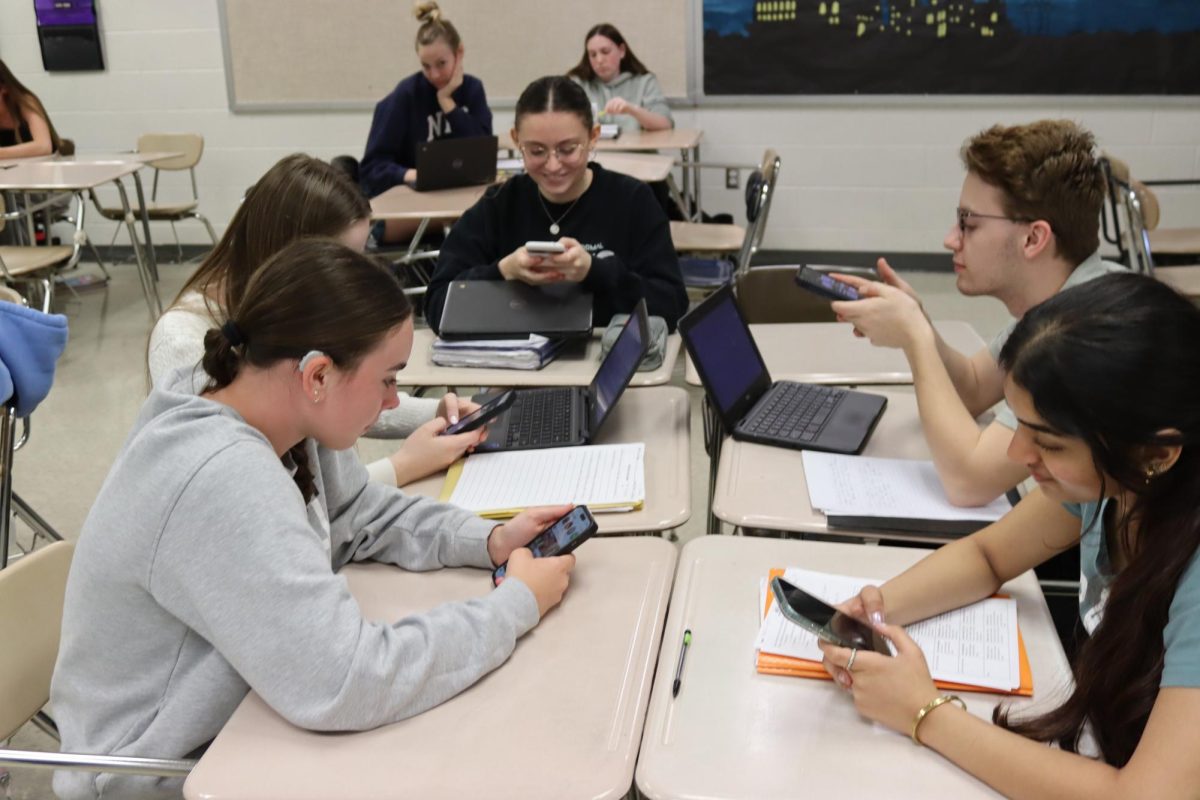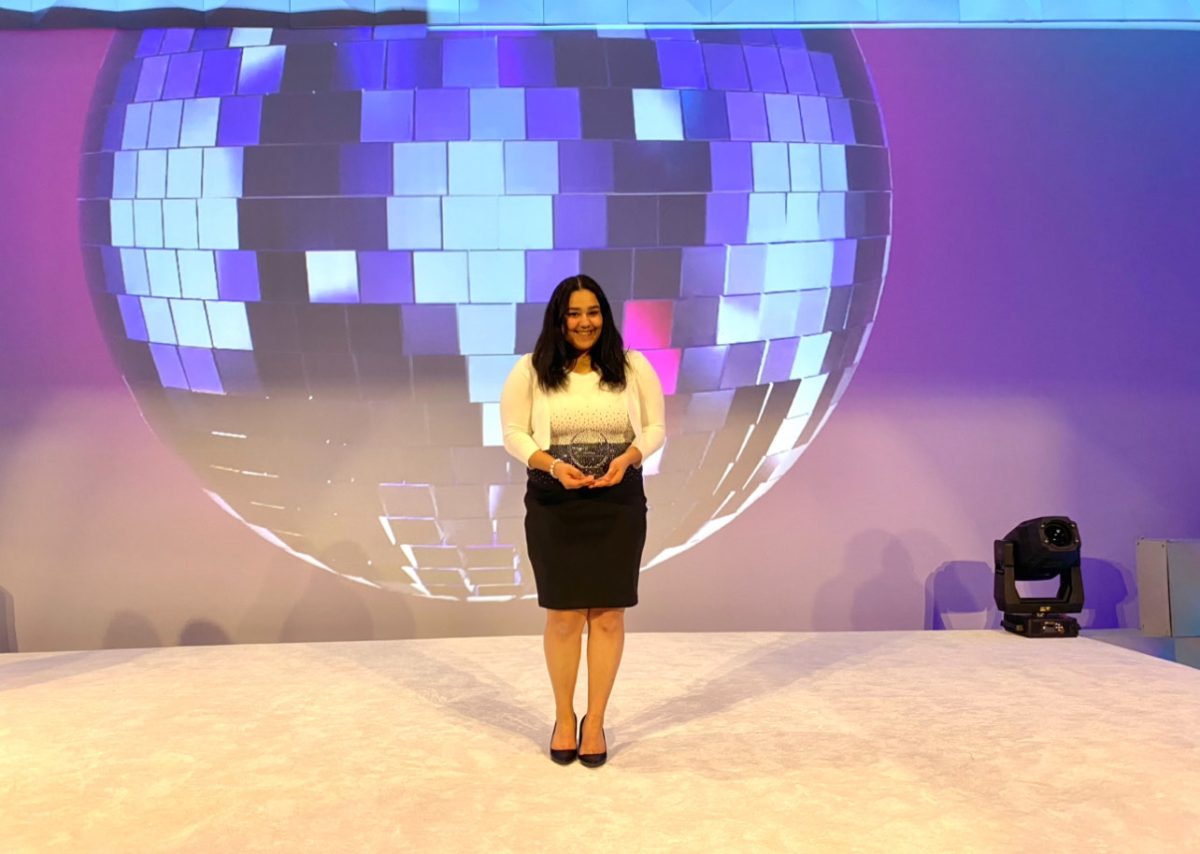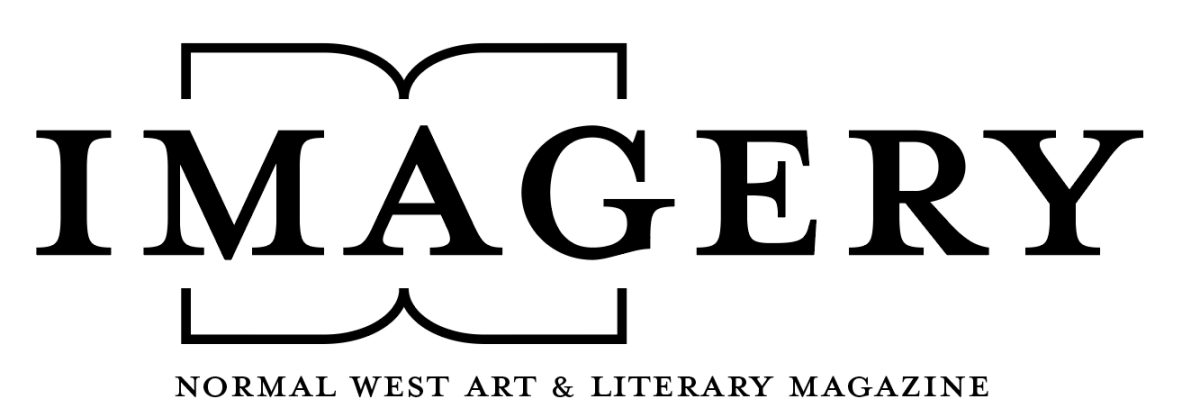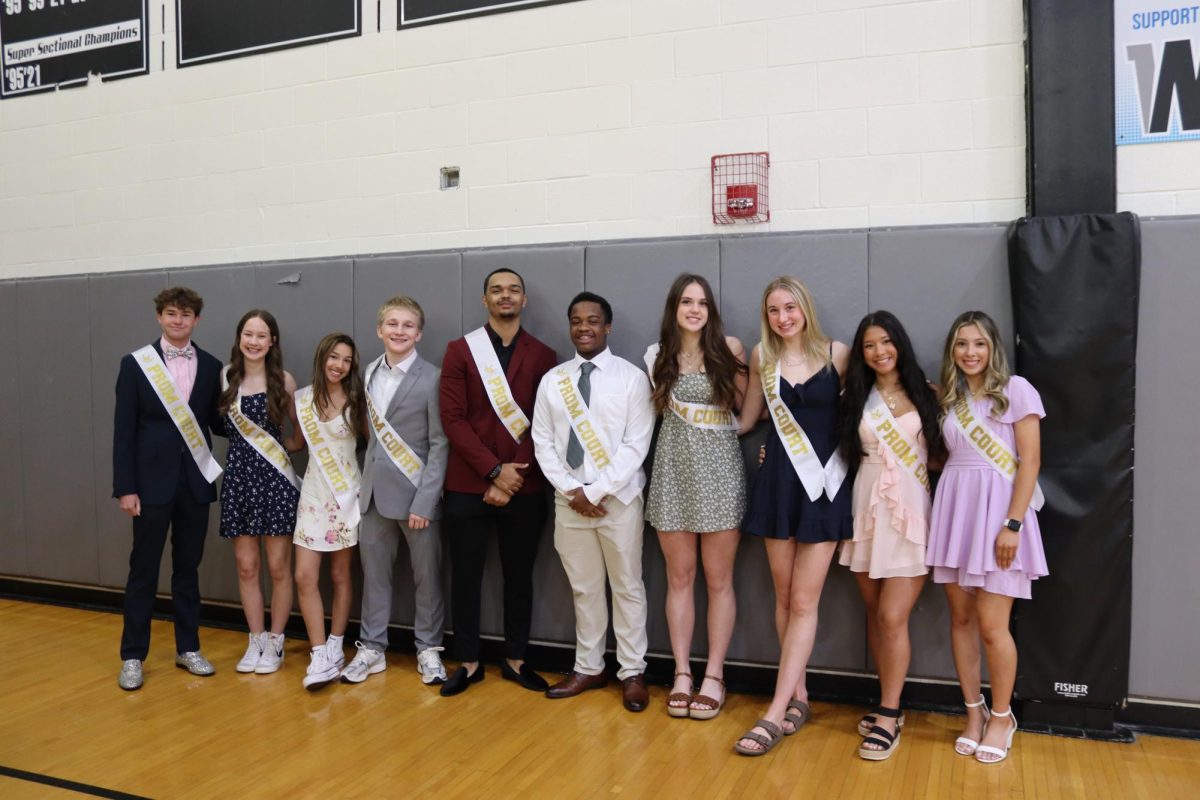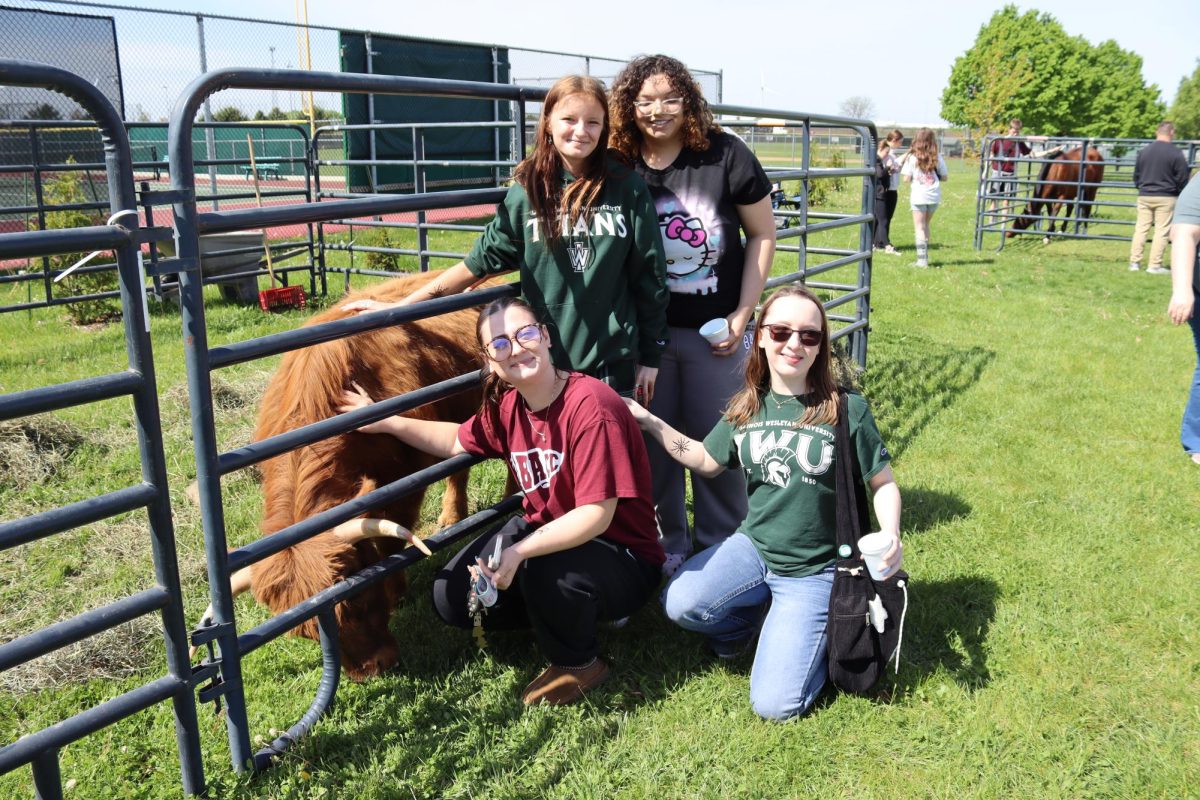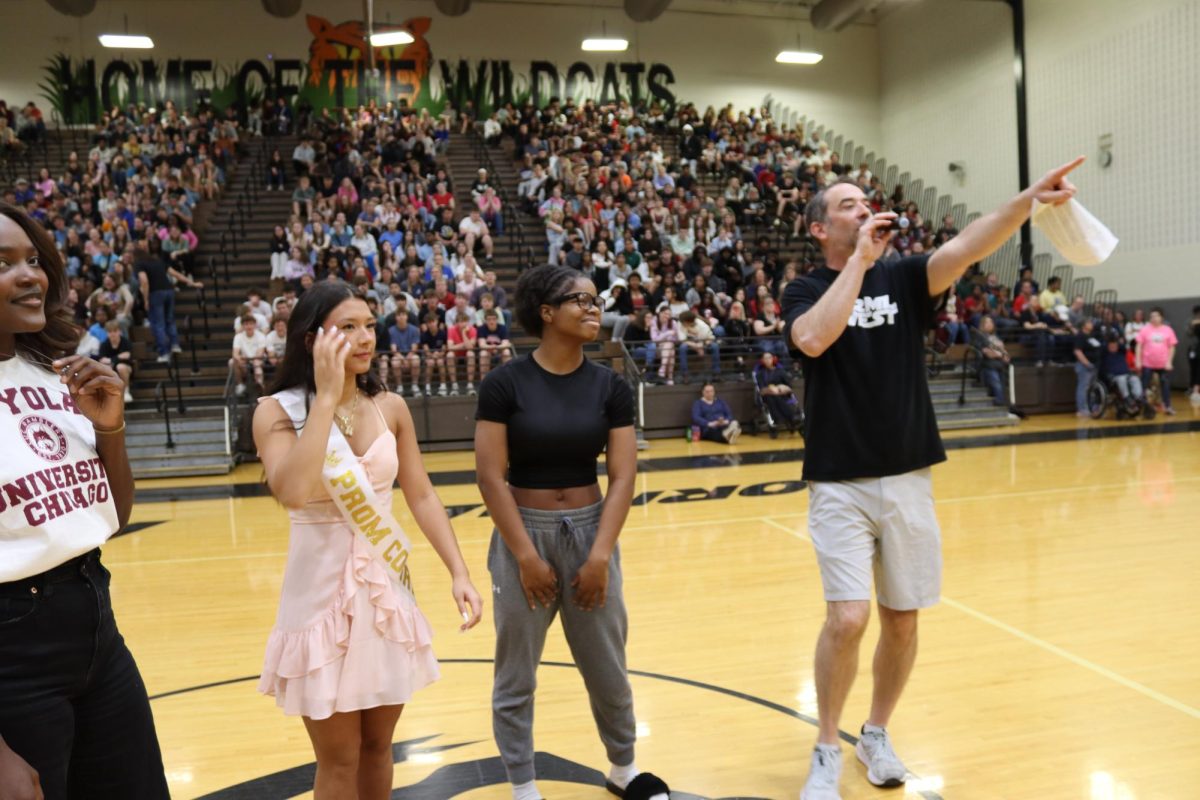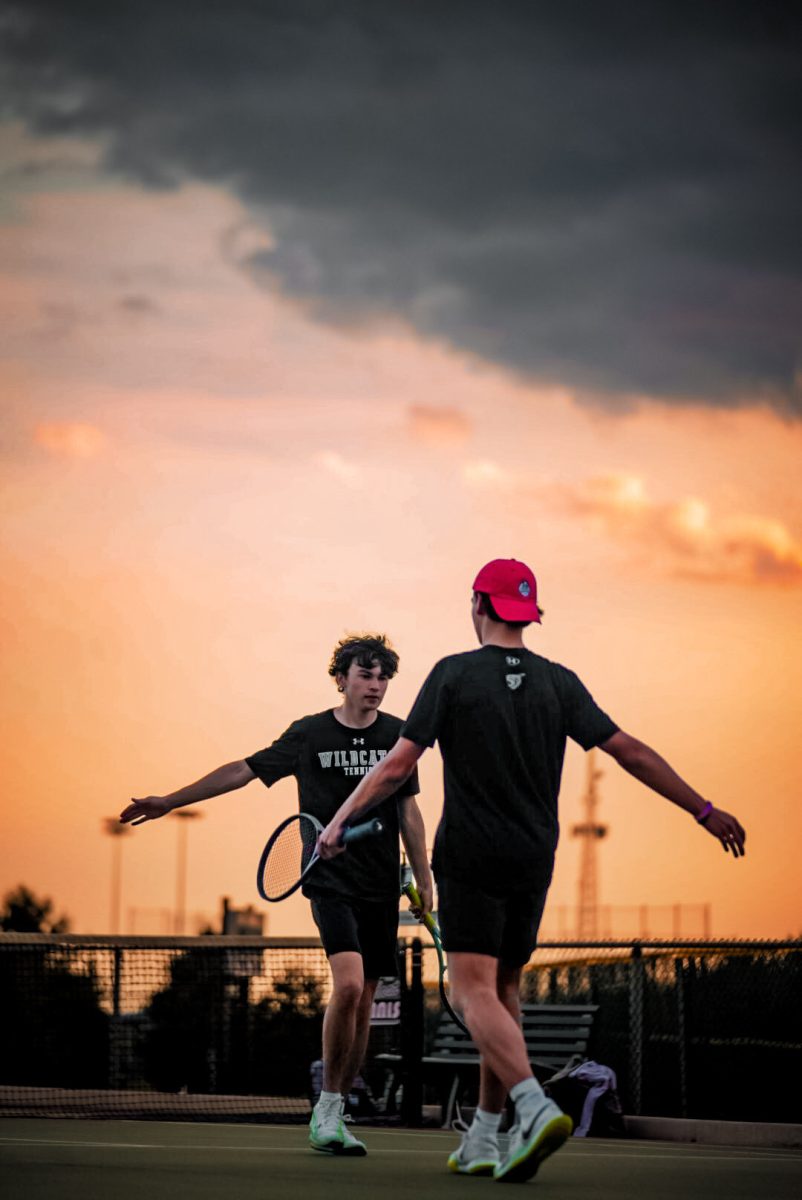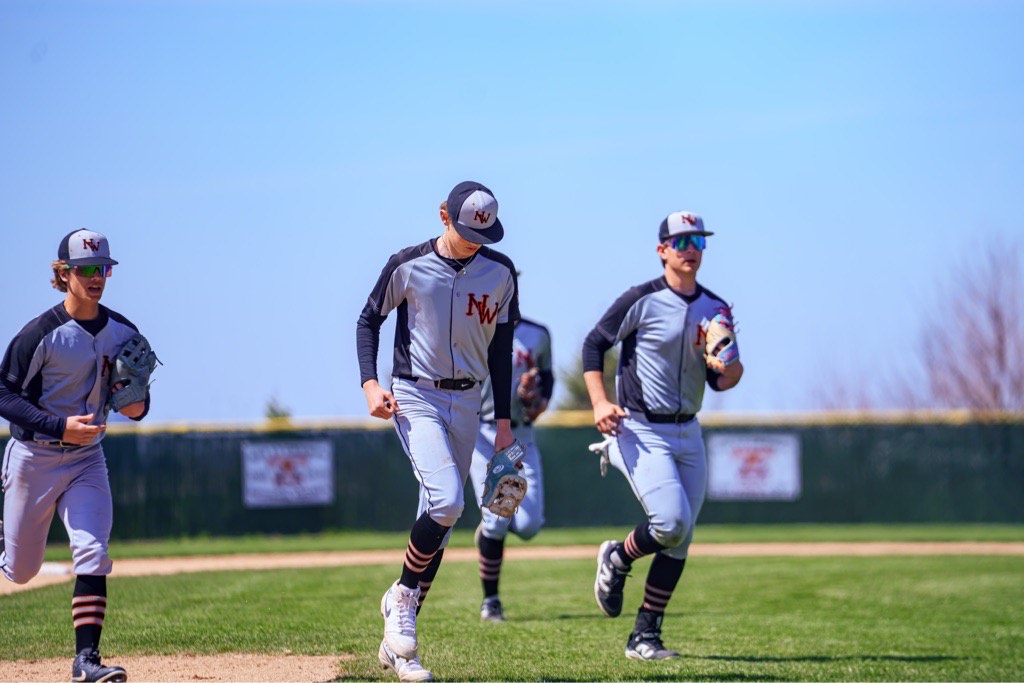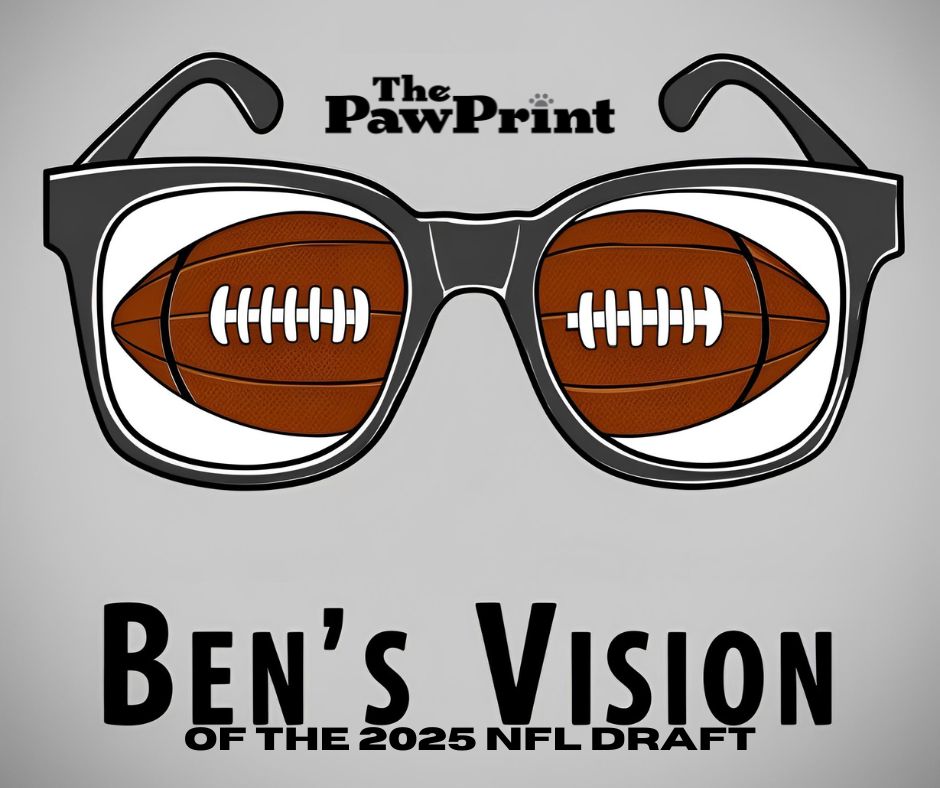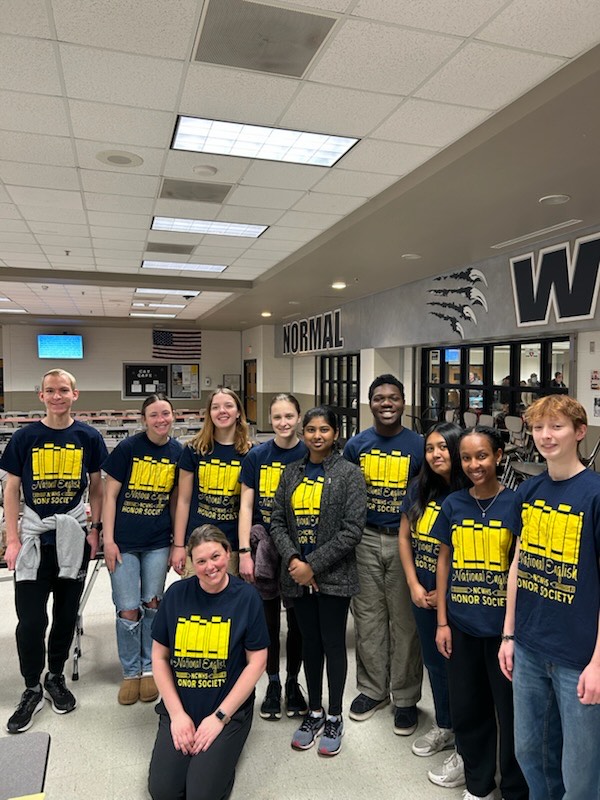Recycling: something most of us do everyday without thinking about it.
However, according to Dr. John Bierbaum’s Civics class, this topic is fraught with misunderstanding.
Dr. Bierbaum, who’s been teaching at West for 19 years, chose this recycling as his Civics class’ final project because “it’s a very tangible, local, visible issue that we all interact with.”
He also noted, however, that it is also, “rife[d] with misconceptions and huge challenges.”
As part of the class’s research on recycling, they watched a documentary before being let loose to do, “some good old fashioned research,” as Bierbaum put it. The class also hosted a guest speaker, Executive Director of the Ecology Action Center, Michael Brown.
During their Q&A with Brown, the students were encouraged to suggest a hypothetical solution to recycling.
“[He would] be like their sounding board to see how feasible [their idea] was,” Bierbaum said.
However, apparently, “99 percent of everything we proposed would not work,” Bierbaum added.
The main reason cited for infeasibility was cost.
“Let’s use less styrofoam, but styrofoam is cheap,” Bierbaum explained. “And if you change [food packaging] from styrofoam to cardboard, it reduces the quality and ups the price. No restaurant will ever do that,” he continues.
Even though they’re conversation with Brown ended in a lot of unusable solutions, Bierbaum’s Civics class is turning their focus more on informing the student body about how to recycle better.
“If we could impact Normal West, that’s a good first step,” Bierbaum concluded.
And one student in particular aimed to do just that.
Senior Maddi Hart volunteered to make an article to help educate the students. She was surprised by just how little what the school recycles actually gets processed, with the amount being about 5-9% being reused.
She went on to explain that “people think you throw anything in and [it will be] recycled, but it just gets sorted out based on what the town has for programs,” Hart explained.
As an example, Normal doesn’t have the technology to recycle plastic bags, so they are just thrown into landfills.
Hart, in line with Bierbaum’s message of education, notes, “When you know what you can recycle [and have] a better understanding… you [know what can actually be recycled].”

